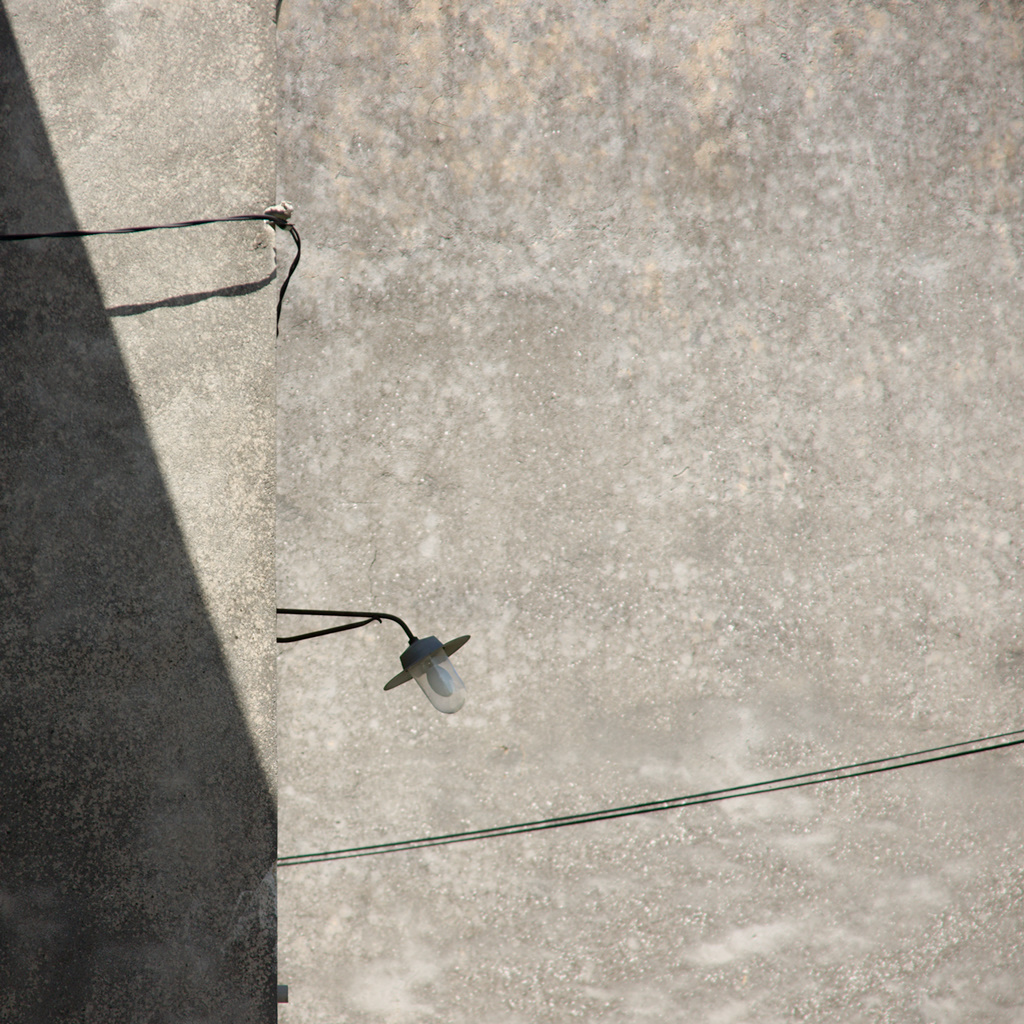
I am more than happy that Police Chief Jim McDonnell (via conscientious) is not on duty in Omišalj. I am certainly not sure about the artistic value of the image above, but getting detained for it certainly would be a draconic measure. But with long hair and moustache, I might well qualify for a potential terrorist.
Oh America, how have you come down! Once it was an earmark of dictatoric regimes to go after people photographing clearly defined subjects of assumed strategic value – Yugoslavia, from which my current residence in Croatia stems off, was known for such rules. But making an assumed non-artistic value the criterion deciding over the harassment of a photographer is certainly a new quality in the erosion of those very Civil Rights for which the United States of America were rightly admired.
It sure is depressing news. And yet in personal experience I have never been bothered yet taking a photograph anywhere in the US. I hear plenty of stories like this coming out of other places too, including the UK. Hopefully the pendulum will begin to swing back the other way, sanity about photography will be restored, and photographers can practice their art in peace.
But truth be told, there are countless more photographers out there now. With a camera on every phone there are billions of photos taken daily of many things that were never commonly photographed before. I’m not surprised that “authorities” are nervous about it. So when they see a “big” camera, they have something to fixate on.
Eric, you certainly are right: Out of the gazillions of photographs taken each moment, those visible to an official are only a marginal number. Yet those unsharp an powerful rules give leeway to those officers that have their own agenda, their own concept – it reminds a bit of those infamous McCarthy times.
Here in Europe, Great Britain certainly stands out, alas in a negative way, not only regarding their approach to photographers, but also in the recent riots. To me it seems a very strict and impermeable society, not only following Bush immediately into the Iraq disaster, but also in the much earlier Thatcher economics, orientated towards the Chicago boys, that did not take the balance of society very seriously.
I do hope that this negative development – especially towards photographers, but they are only a visible fraction of the non-mainstream, not-fully-conformists – will be reversible. I do not fear too much a strong state, but much more a weak constitution, that leads officials resorting to licentious behaviour in order to protect the upper ten percent of the society.
Quite a balance of power when more and more surveillance cameras are put up, and then photographers are pointed at with suspicion.
By the way, I felt there is something prison-like in the photograph above, suits well the topic.